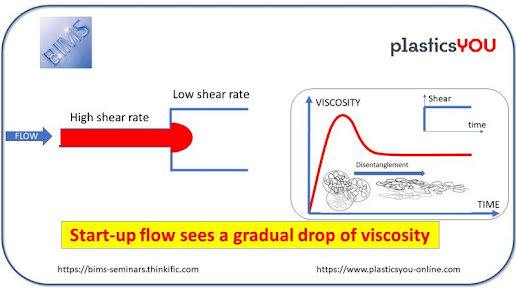FDA to Issue Final Decision to Ban BPA in Food Packaging Next Year
The FDA apparently will issue a final decision next Spring on an interest group's petition requesting a ban on the use of bisphenol A (BPA) in food packaging. This results from a settlement reached last week in Natural Resources Defense Council v. HHS, No. 11-cv-5801 (S.D.N.Y. 12/07/11).
FDA is agreeing to issue a final decision on or before March 31, 2012, settling a complaint by the NRDC that the agency unreasonably delayed a decision on its petition, which dates to 2008. In reality, FDA continued to gather data on the issues, and has been looking at taking what it has called reasonable steps to reduce exposure to BPA in certain aspects of the food supply. For example, the American Chemistry Council has supported restricting the use of BPA in infant feeding bottles and spill-proof cups used by infants.
NRDC didn't want to wait for the science, taking the usual pro-plaintiff, anti-industry position that all gaps in knowledge should be filled in with worst-case scenarios. Studies employing standardized toxicity tests have in fact supported the safety of current low levels of human exposure to BPA. (FDA has been consulting with other agencies, including the National Institutes of Health (and National Toxicology Program), Environmental Protection Agency, Consumer Product Safety Commission, and the Centers for Disease Control and Prevention.)
And the interest group doesn't seem to care about the tremendous public health benefits that such products have provided. Any wide-spread ban of the product or litigation accomplishing the same result, may risk the public safety more than enhance it. Epoxy resins derived from bisphenol A are used to manufacture protective polymer coatings for the inner surface of metal food and beverage containers. This critical technology protects the contents of these containers from aggressive food products, thereby assuring a safe, wholesome, and nutritious food supply. Compared to other coating technologies, coatings derived from epoxy resins provide superior adhesion to the metal surface, greater durability, and higher resistance to the wide range of chemistries found in foods and beverages. These attributes are essential to protect the packed food from microbiological contamination, which is a significant food safety issue.
Canning might be the single most important innovation in the preservation of food in history. More than 1500 food items are regularly packed in cans, making out-of-season foods globally accessible year-round. More than 90% of food and beverage cans use epoxy-based coatings because of their strength, adhesion, formability and resistance to chemical reactions in the food and drinks without affecting the taste or smell of the product. They protect the food from the container and from bacterial contamination. They give canned foods their long shelf-life.


Comments
Post a Comment